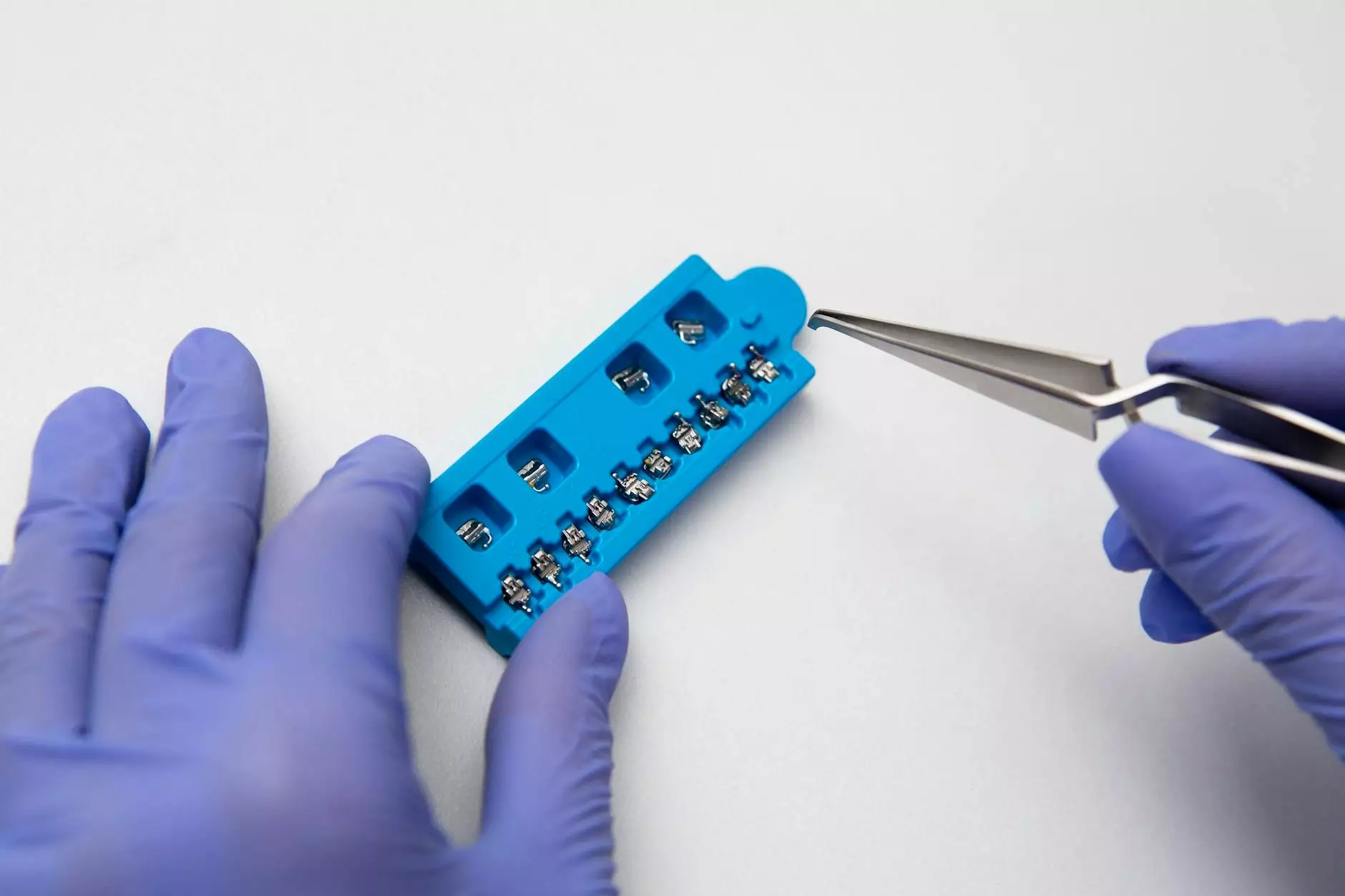Unlock Your Potential with Medical Billing Courses

In today's fast-paced healthcare environment, effective medical billing is crucial for ensuring that healthcare providers receive proper compensation for their services. Understanding medical billing processes not only enhances a healthcare provider's financial health but also ensures a seamless experience for patients. This article offers a comprehensive overview of medical billing courses, illustrating their importance, what they entail, and how they can propel your career in the medical field.
What is Medical Billing?
Medical billing is the process of submitting and following up on claims with health insurance companies to receive payment for services rendered by healthcare providers. This is a critical part of the healthcare system, as it connects the healthcare provider to the patient’s insurance company, ensuring that all financial transactions are handled smoothly and transparently. Without a proper understanding of medical billing, many healthcare providers struggle to maintain their financial viability.
The Importance of Medical Billing in Healthcare
- Revenue Cycle Management: Medical billing maintains the revenue cycle for healthcare providers, ensuring consistent cash flow.
- Ensuring Compliance: Accurately coding and billing services ensures compliance with governmental and insurance regulations.
- Patient Satisfaction: A seamless billing process enhances patient experience, leading to higher satisfaction and loyalty.
- Reducing Errors: Educational courses in medical billing emphasize the importance of accurate data entry and coding, minimizing errors that can lead to claim denials.
Why Take a Medical Billing Course?
A medical billing course equips you with the essential knowledge and skills needed to navigate the complex billing landscape of healthcare. Here are some key reasons why enrolling in such a course is beneficial:
- Career Opportunities: With the healthcare industry continuously expanding, skilled medical billers are in high demand.
- Expert Knowledge: Courses provide in-depth knowledge of coding systems such as ICD-10, CPT, and HCPCS, which are essential for accurate billing.
- Understanding Policies: Knowledge of insurance policies, medical regulations, and compliance is vital for success in this field.
- Flexible Learning: Many courses offer online learning options, allowing you to study at your pace and convenience.
What to Expect in a Medical Billing Course
Medical billing courses cover a range of subjects, allowing students to develop a well-rounded understanding of the billing process. Here’s an overview of the key components typically included:
1. Introduction to Medical Billing
This section introduces students to the medical billing field, covering its significance, roles, and responsibilities of a medical biller.
2. Medical Terminology
Understanding medical terminology is essential for accurately processing claims. This part of the course equips students with the vocabulary used in medical settings.
3. Coding Principles
Students are taught the fundamentals of medical coding, including how to assign codes to diagnoses, procedures, and services. Mastery of ICD-10 and CPT codes is emphasized.
4. Health Insurance Basics
This module explores different types of health insurance plans, including Medicare, Medicaid, and private insurance, helping students understand coverage options.
5. Claims Processing
Students learn how to prepare and submit claims to insurance companies, as well as how to follow up on outstanding claims and resolve disputes.
6. Regulations and Compliance
Understanding legal requirements and industry standards is crucial for medical billers. This section covers HIPAA regulations and the importance of maintaining patient confidentiality.
7. Advanced Billing Techniques
As students progress, they learn advanced billing techniques, including how to handle complex claims and appeals processes.
How to Choose the Right Medical Billing Course
When selecting a medical billing course, consider the following factors:
- Accreditation: Ensure that the course is offered by an accredited institution recognized in the healthcare industry.
- Curriculum: Review the curriculum to ensure it covers all essential topics necessary for success in the field.
- Instructor Expertise: Research the qualifications of instructors to ensure they have relevant experience and knowledge.
- Flexibility: Consider whether the course offers online, in-person, or hybrid options to suit your schedule.
- Job Placement Services: Some programs offer job placement assistance, which can be beneficial in securing your first position.
Career Prospects After Completing a Medical Billing Course
Completing a medical billing course opens up a wide array of career opportunities within the healthcare sector:
- Medical Biller: Responsible for submitting claims and following up on payments.
- Medical Coding Specialist: Focuses on assigning codes for diagnoses and procedures.
- Billing Manager: Oversees the billing department, ensuring accuracy and efficiency.
- Revenue Cycle Analyst: Analyzes revenue cycle processes and suggests improvements.
- Insurance Verification Specialist: Confirms patient insurance eligibility and benefits.
Conclusion: Your Path to Success in Medical Billing
Investing your time in a medical billing course is a stepping stone towards a rewarding career in the healthcare industry. With the growing demand for skilled professionals who can effectively manage the complexities of healthcare billing, now is the perfect time to embark on this educational journey. By understanding the intricacies of medical billing, you not only position yourself for a stable job but also contribute significantly to the healthcare ecosystem.
If you are eager to begin your journey in the field of medical billing, visit pmbausa.com to explore available courses and take the first step towards your new career today!









